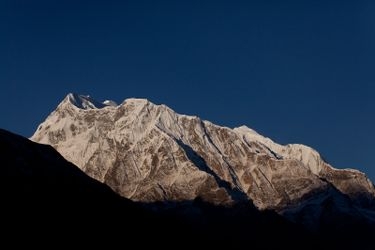Climbing Nanga Parbat
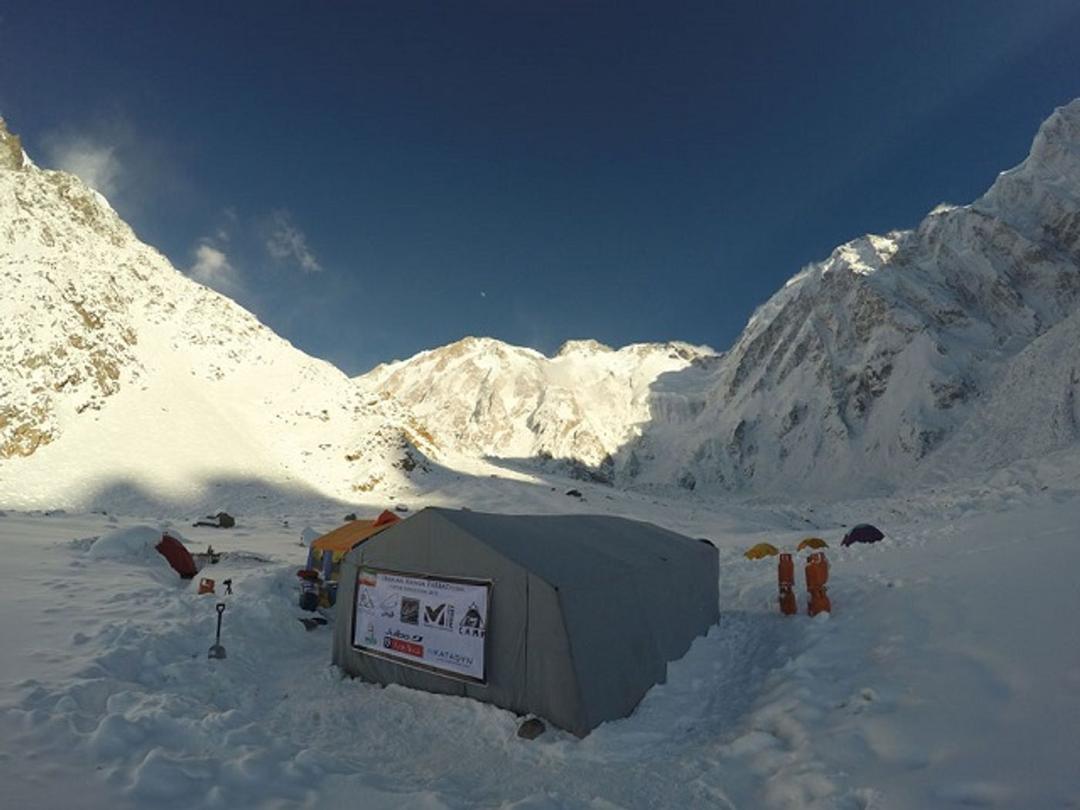
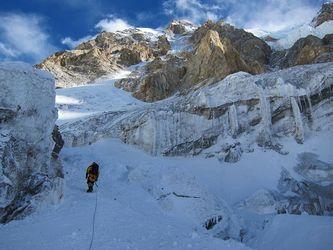
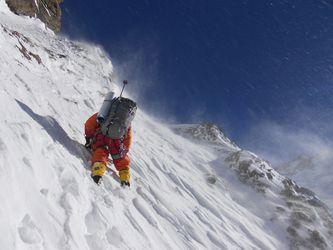
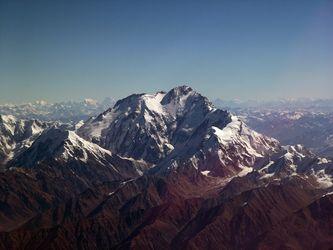
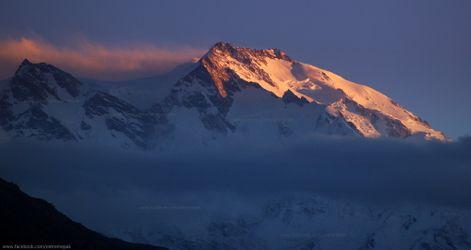
Nanga Parbat, standing at an impressive 8,126 meters, is a formidable challenge for even the most seasoned climbers. Located in the Himalayan region of Pakistan, it is known as the "Killer Mountain" due to its high fatality rate. The route typically taken is the Diamir Face, which presents a mix of demanding rock and ice climbing. The weather conditions are notorious for their unpredictability, with frequent avalanches being a significant risk. The mountain's towering presence is not just physical but also psychological, as the ascent requires a steadfast mindset and meticulous planning.
The approaches to Nanga Parbat are remote, often requiring a trek through the rugged terrain of the Karakoram Highway and further through the valleys. This isolation adds an extra layer of difficulty, as climbers must be self-reliant and prepared for extended periods in the wilderness. The Rupal Face, renowned as one of the world's highest mountain faces, tests climbers with its sheer vertical drops and technical challenges. The conditions can vary dramatically, from deep snow to exposed rock, demanding adaptability and experience in mixed climbing.
Climbing Nanga Parbat demands respect and preparation, as the mountain does not forgive complacency. It's a test of endurance, skill, and mental fortitude. The summit offers breathtaking views that are a testament to the effort required to reach it. Only 2 guides offer expeditions to this challenging peak, reflecting its reputation in the mountaineering community. For those who undertake the climb, Nanga Parbat is not just a mountain but a journey that embodies the spirit of true adventure.
Difficulty
- D: Hard (alpine grade 4)
- TD: Very hard (alpine grade 5)
Guide links
Nanga Parbat History
Climbing history of Nanga Parbat
The history of Nanga Parbat is steeped in exploration and dramatic attempts at its summit. The first recorded expedition to climb Nanga Parbat was in 1895, led by British climber Albert F. Mummery. Mummery, along with two Gurkha companions, moved up the Diamir Face. Tragically, they disappeared, marking the mountain with its early reputation as the "Killer Mountain."
In the 1930s, German climbers turned their attention to Nanga Parbat. The 1934 expedition ended in disaster when Alfred Drexel died of altitude sickness, and several climbers were lost in an avalanche. The German expeditions continued with the 1937 team facing another tragedy after an avalanche buried their camp, resulting in 16 deaths.
Success finally came in 1953 when Austrian climber Hermann Buhl made the first ascent of Nanga Parbat. His solo climb without supplemental oxygen is still regarded as one of the most remarkable feats in mountaineering history. Buhl's success came after an arduous 41-hour push from the final camp.
The region around Nanga Parbat is inhabited by the indigenous people of Gilgit-Baltistan, primarily the Shina-speaking communities who have lived in this mountainous area for centuries, adapting to its harsh conditions and unique challenges.
These climbs are similar in length, difficulty, and elevation. Offering a similar level of challenge as the Nanga Parbat climb.


